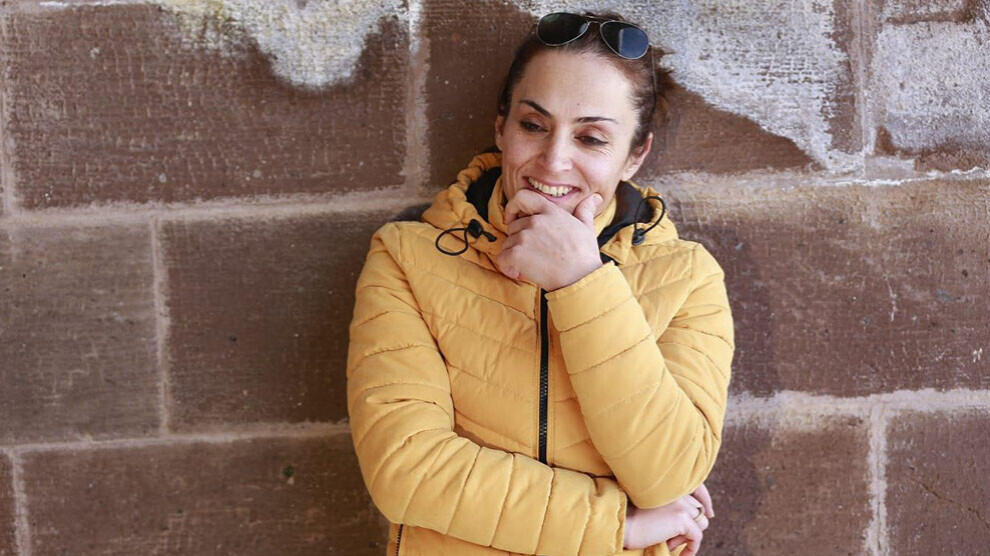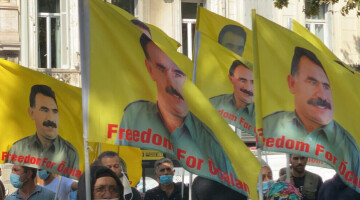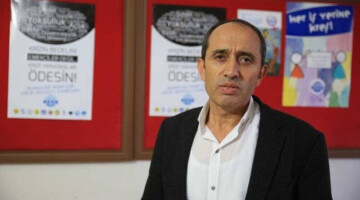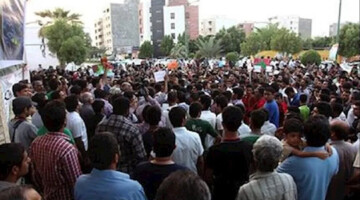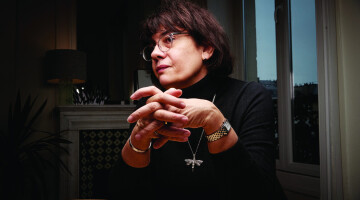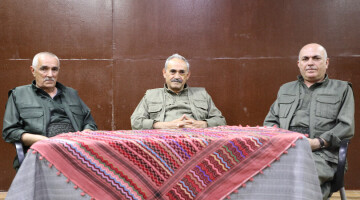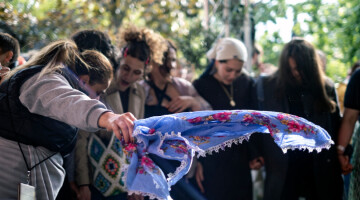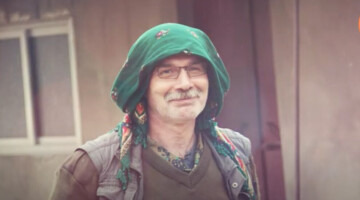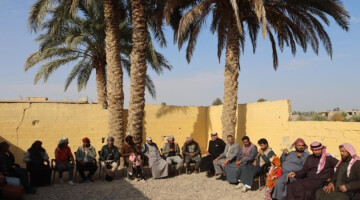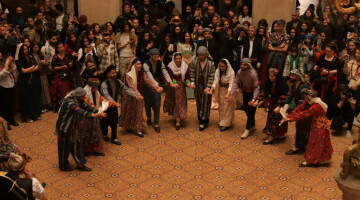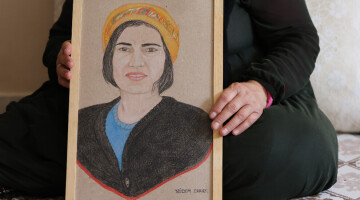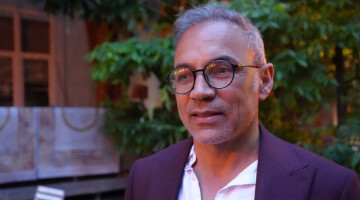Kurdish PEN member and writer Gulgeş Deryaspî was sentenced to six years and three months in prison for ‘membership of a terrorist organisation’ in December 2020. A verdict on her appeal is expected by the end of April. PEN International said they believe that Gulgeş Deryaspî is being targeted for her writings promoting Kurdish language and culture and called for her conviction to be overturned.
PEN calls on supporters of Deryaspî to demand from the Turkish Ministry of Justice an end to the persecution and detention of journalists and writers simply on the basis of the content of their writing or alleged affiliation, immediate release of all those held in prison for exercising their rights to freedom of expression, and for an end to the crackdown on the Kurdish regions and for a peaceful solution to the ongoing conflict.
BACKGROUND
Born in 1978, Gulgeç Akdeniz (pen name Gulgeş Deryaspî), studied Kurdish Language and Culture at Muş University, eastern Turkey. She published three novels in Kurdish. Tariya Bi Tav (Darkness with Sunshine), published in 2010, portrays life in Kurdish villages and explores the concept of alienation. Xezal (Gazelle), published in 2013, depicts the struggle of a woman standing against patriarchy and state oppression, while Ez Ne Ezim (I am not who I am), published in 2018, explores existential and philosophical questions. She has been a member of Kurdish PEN since 2013.
Gulgeş Deryaspî was taken into custody on 25 July 2019 following simultaneous raids across Bitlis province, eastern Turkey, during which eight other individuals were also detained. She was formally charged with ‘membership of a terrorist organisation’ under Article 314/2 of Turkey’s Penal Code on 29 July 2019 and sent to Bitlis E Type Closed Prison. She denies any wrongdoing. The first hearing was held on 4 February 2020; she was released from pre-trial detention on 30 March 2020 in an effort by the Turkish authorities to stem breakouts of COVID-19 in the country’s overcrowded jails. Deryaspî was sentenced to six years and three months in prison on 3 December 2020. Her lawyers officially lodged an appeal on 28 February 2021. Under Turkish law, a verdict must be pronounced within two months.
The situation for freedom of expression in Turkey remains dire. Kurdish culture and language are harshly repressed.. Most pro-Kurdish and Kurdish language media outlets have been closed down, and dozens of journalists of Kurdish or pro-Kurdish outlets are in prison trumped-up terrorism charges, including news editor, reporter and poet Nedim Türfent. Writer and former co-chair of the pro-Kurdish Peoples’ Democratic Party (HDP), Selahattin Demirtaş remains behind bars, despite the European Court of Human Rights twice ruling for his immediate release. The Turkish authorities continue to forcibly replace elected HDP local officials in the southeast, thus depriving voters of their elected representatives in parliament and local government.

